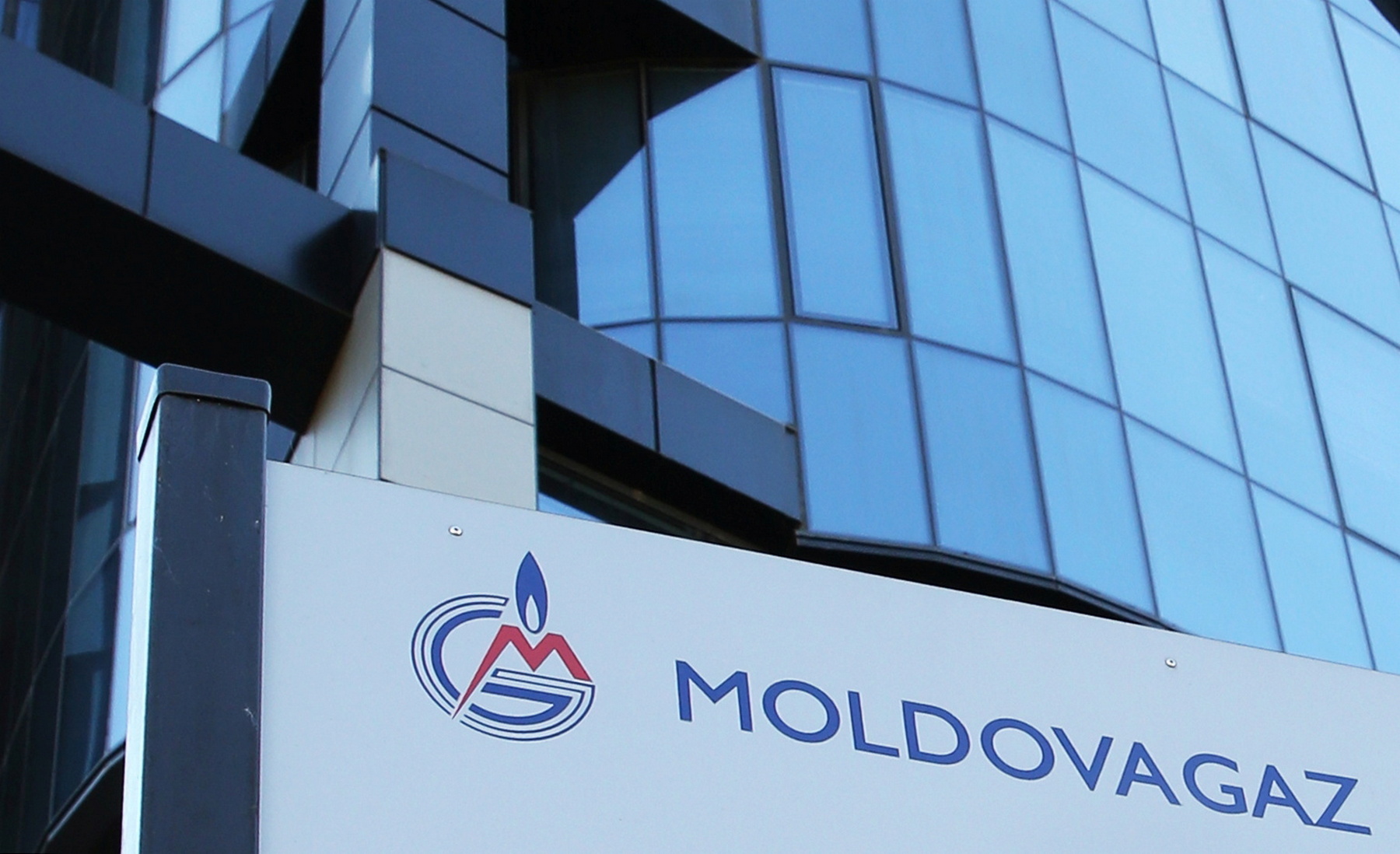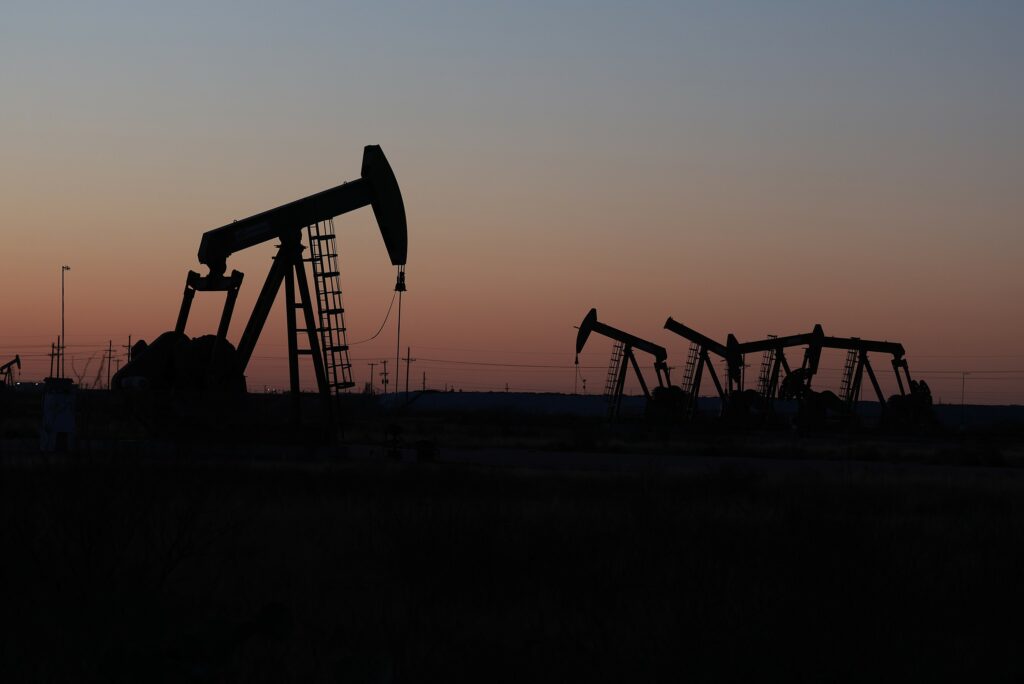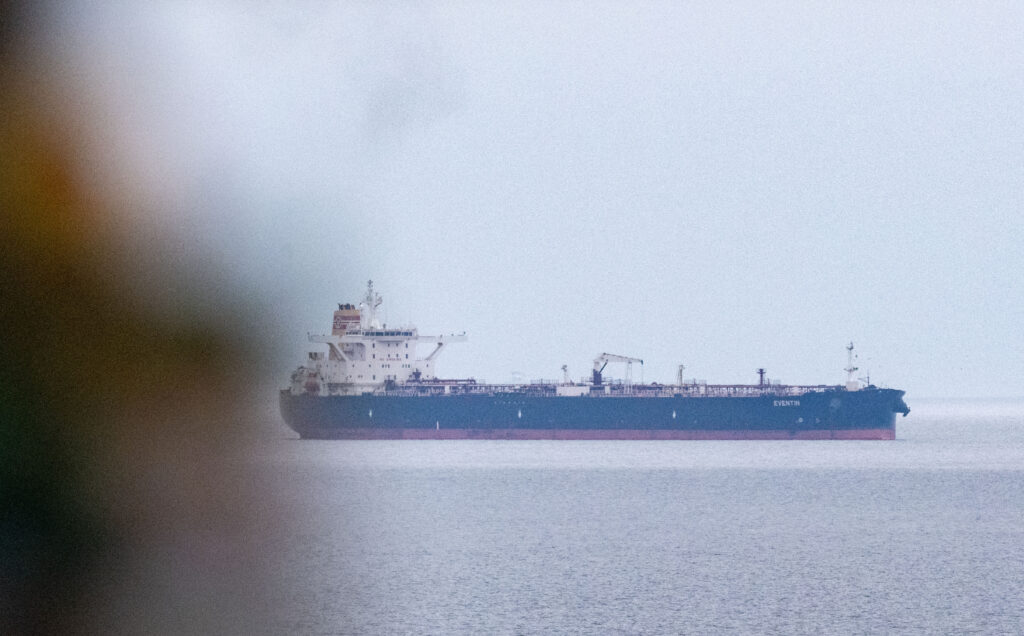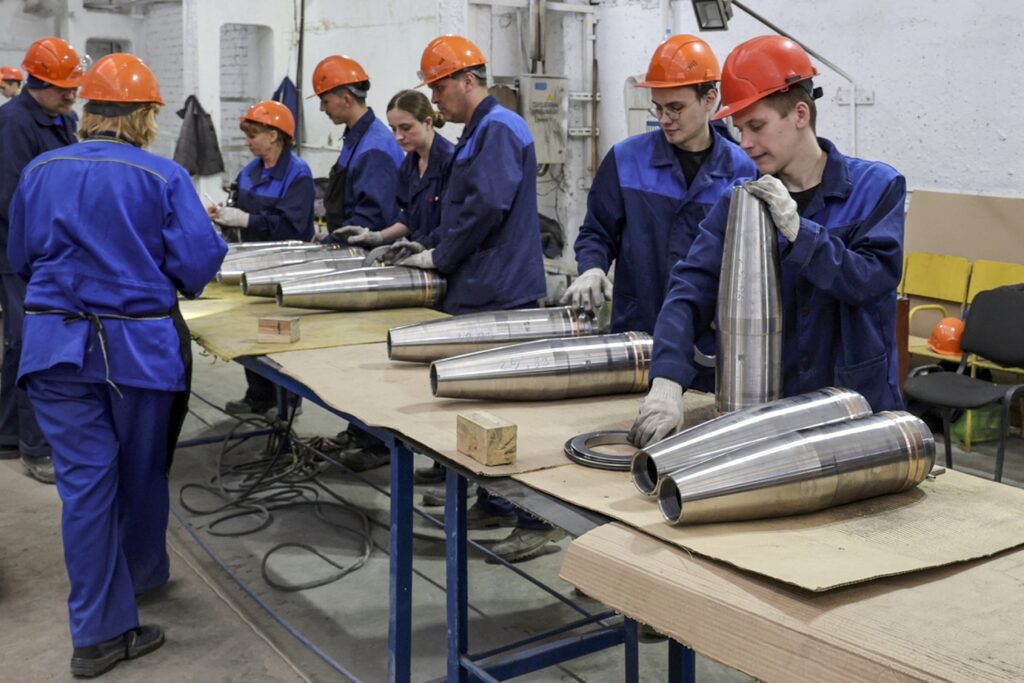As winter approaches, Moldova is frantically seeking alternative gas supplies to replace a sudden shortfall of gas coming from Russia. Moldova annually consumes around 1 billion m3 of gas purchased on the basis of a long-term bilateral gas contract with Gazprom, which also provides a similar amount of gas for the needs of the breakaway region of Transnistria. This year, the contract is ending in October. But unlike previous years, Russia is unwilling to give preferential treatment, making a simple contract renewal a near-impossible mission.
On October 21, the meeting in Moscow between Moldovan officials and the Russian side resembled political negotiations on gas supply. The Minister of Infrastructure and Regional Development Andrei Spânu and the Deputy Prime-Minister for Reintegration Vlad Kulminski requested to extend the contract under the 2020-2021 conditions, when the price stabilized at about $250 per 1,000 m3. Russia’s position — expressed by the Deputy-chair of the Presidential Office Dmitri Kozak, General Director of Gazprom Export Elena Burmistrova and Ministry of Energy Nikolay Shulginov — revolved around the request of repayment of historical debts of $709 million, of which $276 million constitutes a penalty fee.
There are both political and economic reasons explaining Russia’s behavior towards Moldova. First, Moscow is no longer interested in ignoring the existence of old debts. Nor is it inclined to make generous discounts to the governing elites in Chisinau. In 2016-2020, Russia did not want to harm the pro-Russian president Igor Dodon or his political arm, the Socialist Party. Things changed dramatically after the presidential elections and snap parliamentary elections in 2020 and 2021 respectively, when pro-EU forces gained power in all state institutions. As a result, Russia is withdrawing support offered in the past. The Moldovan government and other local actors perceive Russia’s radical change of mood as “political blackmailing” aimed at humiliating the non-Russophile exponents of power or forcing a retreat from implementing the Third Energy Package. Indeed, the political motivation is there, but apart from reducing previous support, Moscow is fully aware that its actions could create public pressure on the government. Such discrediting of the pro-reform and pro-EU forces might create a new momentum for the weakened pro-Russian forces that try to capitalize on the government’s missteps in the management of the energy crisis.
Second, the energy market favors producers right now. Russia is adamantly using its dominant upstream position to persuade its customers to sign long-term contracts on Russian terms. As the Hungarian case showed, the new long-term contracts seem to include the condition of bypassing Ukraine. It is unclear whether this is a political precondition or a trade for a possible gas price discount. These features appear to apply to the new Hungarian-accepted 15-year gas contract that will receive gas from TurkishStream via the Balkan and Austrian routes. Furthermore, Russia is reluctant to reduce the pressure on the European gas market by supplying more gas. Besides taking advantage of the gas shortage to benefit from the price increases, the Russian side is pushing for the acceleration of the certification of Nord Stream 2 by the German energy regulator BundesNetzAgentur and the EU.
The historical and political background of the Russia-Moldova gas contract
The latest Russia-Moldova gas contract dates from 2006 and has a price formula linked to the costs of oil on the international markets. Therefore, in the last 15 years, the only driving force of the gas price fluctuations has been oil. Consequently, following oil price trends, the cost of gas increased from $120 per 1,000 m3 in 2006 to $475 in 2011, beginning to fall in 2014-2016 until reaching $251,5 in 2020. After 2011, the gas deal was repeatedly extended on an annual basis until 2016. Following Igor Dodon’s victory in the 2016 presidential elections, Russia accepted prolonging the contract until the end of 2019. After that, the former President Igor Dodon attempted to use personal contacts in the Kremlin to negotiate a lower price for gas. He even used Moldova’s observer status in the Eurasian Economic Union, granted in 2018, in his country’s negotiation with Gazprom. However, the negotiations did not progress in 2020, partly because Igor Dodon turned the issue into an electoral promise. Consequently, after the presidential elections and the snap parliamentary elections in 2020 and 2021 respectively, when pro-EU forces gained power in all state institutions, Dodon’s gas requests from Russia simply lost steam.
After the early parliamentary elections in July 2021, in which the pro-EU Action and Solidarity Party won a 63-member majority in the 101-seat legislature, Russia’s approach to the gas contract with Moldova has not changed. One of Russia’s energy branches, Gazprom, held technical talks with Moldovan supplier MoldovaGaz S.A., which owns a 50% stake. However, this did not change the fate of the old gas contract, which expired in September.
Appointed in early August, the PAS-controlled government did not include in its governing program any elements related to the negotiation of a new gas contract with Gazprom. However, the development of constructive relations with Russia was specified among other foreign policy objectives. It is not clear why the powerful super-majority in the parliament, with the Presidential Office and government as political emanation in the executive branches of power, ignored the risks behind relations with Russia, especially its huge energy dependence on Russia.
As a way to prevent the existing situation, a strategy in the relationship with Russia could have served. Elected in late 2020, President Sandu had at least six months at her disposal before the early elections in July 2021, when her party won, to design a “roadmap” of actions to mitigate risks related to Russia, particularly in the energy sector. Traditionally, bilateral relations are complicated every time the main political forces express reservations to strengthen the Russian agenda in Moldova. Therefore, the monopolization of power by pro-EU forces should have been perceived as a prerequisite for a very likely worsening of the dialogue with Moscow.
The energy crisis: which are the solutions?
The Moldovan government is trying to use the current energy crisis to reduce dependence on Russia. Yet the gas price hikes due to the shortage of natural gas does not favor attempts to detect alternative sources of supply. The current contract was extended until the end of October, while less than 70% of gas needs were shipped in October this year, compared to the same period in 2020, when volumes accounted for around 90 million m3. In these difficult circumstances, the Moldovan side should urgently resolve two major problems.
On the one hand, the replacement for the Russian gas supply should be quickly identified in order to survive the winter. Parallel political and diplomatic negotiations have begun with the Romanian, Ukrainian and Polish authorities. On October 25, the Moldovan company Energocom organized the auction. Out of seven bids received, the government selected PGNiG, owned by the Polish state. The first volumes to be delivered by the company should be 1 million m3. The 2020 interconnection agreement with Ukraine can actually allow the supply of gas from Poland through the gas transmission system of Ukraine. The Government of Moldova did not immediately disclose information about the volumes purchased and the price. Approved on October 22 with 55 votes from the ruling party, the 30-day “emergency” in the energy sector further freed the hands of the government, after the “state of alert” was introduced a week earlier. Moldovan authorities also searched for gas in Ukraine. The latter has announced its readiness to borrow up to 15 million m3, which should be returned by spring next year at the latest. With Romania, the situation seems uncertain. Neighboring Moldova and owning the Iasi-Ungheni-Chisinau gas pipeline, Romania supplied gas to maintain the pipeline pressure at the beginning of October. However, Romanian capacity is still limited because the pipeline, whose construction was completed in 2020, is not yet fully operational, which prevents the delivery of substantial volumes.
On the other hand, the government must obtain a price it can afford. The price of gas delivered by Gazprom in October 2021 amounted to $790 per 1,000 m3, almost three times the price paid in spring. If the price paid for gas from Russia or alternative sources will be at the level of gas sold on the spot market for about 1,000 euros per 1,000 m3, then financial sources intended to mitigate the consequences of economic crises and pandemics will be diverted. This will inevitably include almost €1 billion in financial aid promised by the EU and IMF until 2024. Not only a recovery of the economy would be compromised, but also the initiation of major reforms, such as vetting magistrates and prosecutors as part of the ambitious rule of law reform.
Until now, information on prices negotiated with Gazprom or with European partners is kept secret. In this way, the Moldovan side seeks to gain some tactical advantage against Russia. However, it is highly unlikely that any foreign company is interested in selling gas at subsidized prices. Romanian officials are the only ones who openly pledged to help Moldova with everything in their power, without specifying whether this includes offering cheap or free gas.
As the Moldovan officials try to convince the Russian side to extend the contract on agreeable terms, the EU has been openly supporting the Moldovan government in dealing with the energy crisis. Therefore, the EU agreed to disburse € 60 million to help manage the natural gas crisis.
The Moldovan authorities face serious dilemmas. In fact, the current energy crisis is a way to increase resilience in the face of future similar shocks by adopting the Ukrainian model of energy divorce from Russia. Attempts to diversify gas supply sources are reminiscent of the successful diversification of Moldovan wine markets in the face of the 2013 embargo introduced by Russia to counter the signing of the Association Agreement with the EU.
The gas interconnection with Romania, the completion of the “unbundling” and Ukraine’s energy supply availability could mitigate the problem in the long term. The problem is how to ensure that Moldova, while reducing Russia’s energy dependence, is financially able to afford more expensive natural gas, without facing negative socio-economic cascading effects. Increasing the financial assistance from the EU and other external partners to cover the collateral costs of the energy crisis, direct contribution with gas supply and participation in negotiations with Gazprom together with the Moldovan authorities could be of great help.










